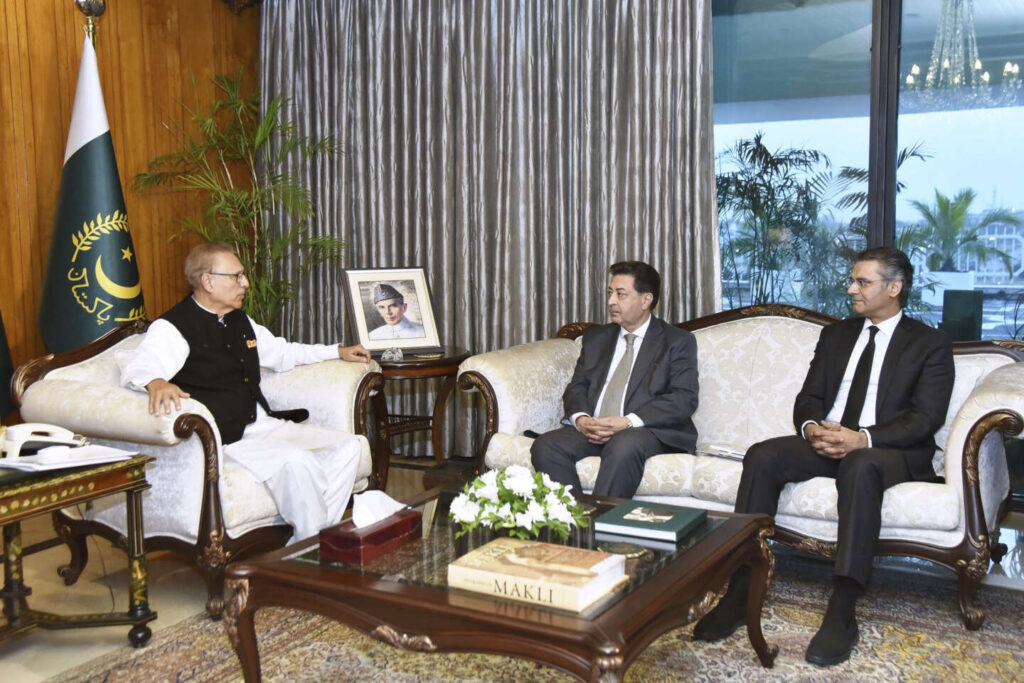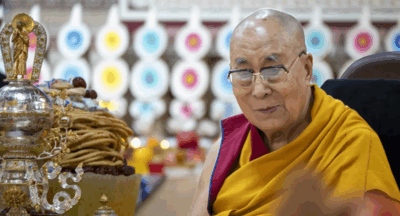By Tirthankar Mitra
Elections are a time when Indo-Pak subcontinent witnesses a dance for democracy. The campaigns are colourful affairs bringing out the pluses and minuses of the contestants and the outfits they represent culminating in the results bringing in the beginning of a stable government from a popularly elected political party.
Of course, there are exceptions on both sides of the border. But while India has taken the “Mayhem in Meham” and its likes in its stride and carried on with the democratic process strengthening it en route, but the same does not hold true for Pakistan which goes to the polls on February 8.
Even if it ends a period of prolonged political instability, doubts persist whether the elections will be free and fair. In the backdrop of the incidents and intrigues which have marred past several elections and their aftermaths, it is opaque whether the elections will be inclusive.
It is uncertain whether the political outfits participating in the poll process will have a level playing field. The spate of arrests of former prime minister Imran Khan’s PTI activists reinforce the nay sayers apprehension. Irregularities and ballot fraud marring electoral exercises are part and parcel of Pakistan’s history of disputed elections. It is a cautionary tale.
Going by it, the voters have good reason to be sceptical of the polling process. As things stand now, Pakistan can ill afford to have the February election to be a botched affair as it would usher in political and economic instability.
A stable government for action following a fair election is being put forward to the Pakistani populace as only such a dispensation coming to power can address a clutch of challenges looking the nation on its face. These vexing problems include weak governance, economic stagnation, mounting inflation, education deficit, threats to internal security, erosion of governmental institutions and uncontrolled population growth.
It is much too early to find out where political parties stand on different issues. The thoughts of their leaders on pivotal issues are crucial to the country’s politics and economy. Scanning the manifestos is not of much help. They overflow with platitudes thereby adding to the voters reluctance to exercise their franchise on the polling day.
In this backdrop, voter turnout could be a significant indicator of how the people perceive the possibility of a free election. A low turnout would be a pointer on the winning party’s mandate to govern. Turnouts in past elections have not been encouraging signs of widespread people’s participation. The lowest had been 41 per cent in 2002 an election held under military rule which was not deemed to be fair.
In all, 51 per cent votes were polled in 2018. The same figure stood at 44 per cent in 2008 but rose to 53 per cent in 2013.
Youth vote is a key factor in Pakistan elections. About 20 million young voters have been added to the electoral rolls since 2018 elections. They make up 18 per cent of the electorate and most are first time voters; the recipients of their votes will be consequential to the results.
Punjab will witness a four cornered electoral battle in which PML-N and PTI will be the principal contestants. The PPP, a shadow of its former self and Istehkami-i-Pakistan comprising mostly PTI deserters make up the quartet.
Victory margin was less than 6000 in about 51 seats in Punjab. It is in this province the fate of Pakistan will be won or lost on a fragile margin.
Alignment and adjustment of seats will shape the contest. It needs to be mentioned that in a four way contest, marginal seats will witness neck to neck poll battles.
High chances of vote splintering will make it difficult for the election watchers to make their predictions. Fractured majority does not rule out the possibility of a hung parliament.
Pakistani populace is hopeful that election results will bring to an end the drift a disarray of recent years. It will also provide the party in power a fresh mandate to grapple with the problems plaguing Pakistan.
This hope is tinged with more than a dash of fear. Pakistan may continue to be denuded of the stability it needs so badly if the elections are not inclusive and sans the integrity it deserves in a democratic process. (IPA Service)


 Uttar Pradesh Congress Under New President Ajai Rai Is Showing Signs Of Revival
Uttar Pradesh Congress Under New President Ajai Rai Is Showing Signs Of Revival 